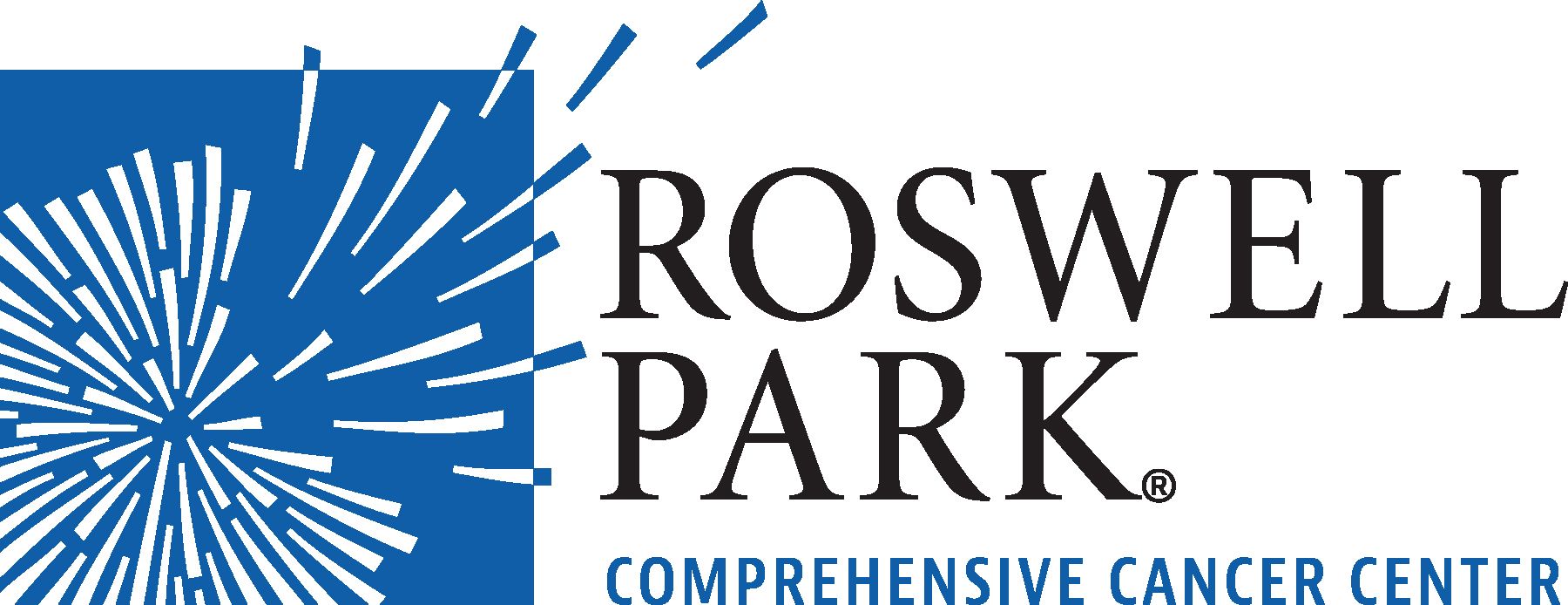
New Evidence Explains Why Some Targeted Therapies Support Better Response to Cancer Immunotherapy

A Roswell Park-led team uncovers beneficial effects of combining VEGFR-targeting TKIs with checkpoint inhibitors in new research.
A recent research effort spearheaded by experts at Roswell Park Comprehensive Cancer Center demonstrates a way to exploit drug side effects in order to prime tumors to support better responses to immunotherapy. Newly published in Molecular Cancer Therapeutics, a journal of the American Association for Cancer Research (AACR), the study outlines a novel finding with significant implications for clinical care and research.
The scientists discovered that oral cancer drugs that target tumors by restricting new blood vessel growth, or angiogenesis, can also highjack senescence, a process related to cellular aging. The team expects that the findings will have significance related to many different cancer types and disease sites.
“These results introduce a new way to explain why some, but not all, angiogenesis-targeting drugs can work better with immunotherapy and may aid in choosing or designing the best drugs to combine with immunotherapy to improve patient outcomes,” says senior and corresponding author John Ebos, PhD, Associate Professor with Roswell Park’s Departments of Cancer Genetics & Genomics and Medicine.
Finding drugs that can improve outcomes among cancer patients when combined with immune checkpoint inhibitors is an ongoing area of interest. Several phase 3 trials have shown that immune checkpoint inhibitors coupled with agents that were first developed as angiogenesis inhibitors, such as tyrosine kinase inhibitors (TKIs) that target vascular endothelial growth factor receptors (VEGFRs), can benefit cancer patients.
However, the reasons behind this remain unclear. Dr. Ebos and team set out to shed light on why, despite similarities, some VEGFR tyrosine kinase inhibitors when combined with immune checkpoint inhibitors lead to improved responses and reduced toxicity while others do not. “Tyrosine kinase inhibitors that block the vascular endothelial growth factor receptors disrupt tumor angiogenesis but also have many unexpected side effects that impact tumor cells directly,” the authors write. “This includes the induction of molecular markers associated with senescence, a form of cellular aging that typically involves growth arrest.”
Using a live-cell sorting method to detect beta-galactosidase, a marker of senescence, the study authors isolated cells that displayed a senescence-mimicking “senomimetic” side effect. The team documented increases in signaling associated with interferons, with a strong activation of a protein called STING (stimulator of interferon genes).
Study data also showed that the unexpected STING-activating effect can support better responses to immunotherapy and can differ amongst clinically approved drugs.
“Our findings suggest that exploiting senomimetic drug side-effects may help identify tyrosine kinase inhibitors that uniquely ‘prime’ tumors for enhanced sensitivity to PD-L1 targeted agents,” notes Dr. Ebos. “Harnessing these side effects could lead to better treatments for cancer patients across tumor types.
The new work offers a rationale for the use of these combinations and can help guide clinicians when determining the best treatment strategy for their patients.
“Next steps include discovering and creating novel compounds that promote this effect and advancing this work to an early-stage clinical trial testing these combinations with optimized oral drugs and immunotherapy,” Dr. Ebos notes.
The study’s first author, Melissa Dolan, was a graduate student working in Dr. Ebos’ lab at the time this work was conducted.
This work was funded by the American Cancer Society through a Research Scholar Grant and a Mission Boost Grant to Dr. Ebos. Use of shared resources was supported by Roswell Park Comprehensive Cancer Center’s Support Grant from the National Cancer Institute (project number P30CA016056).






































